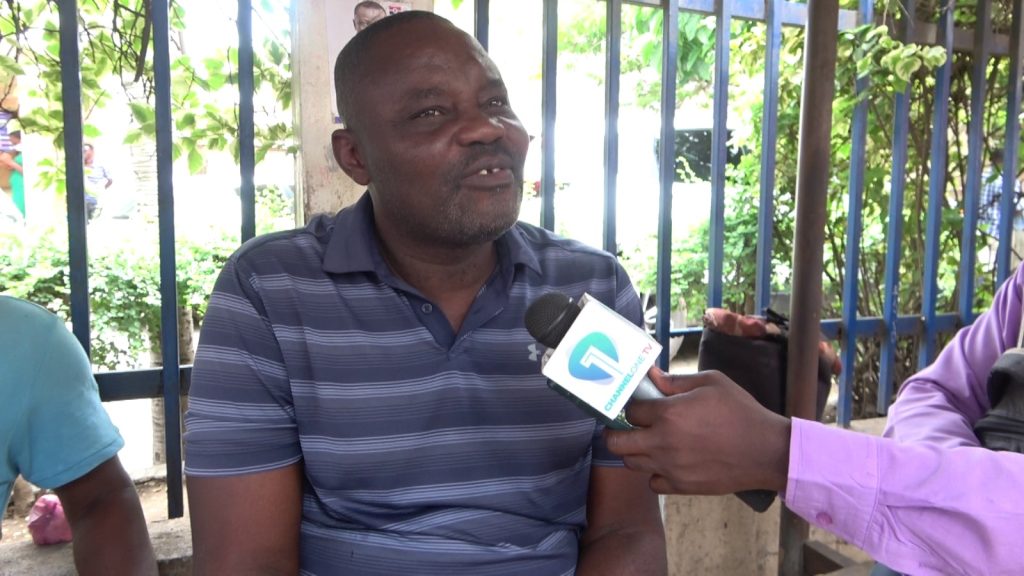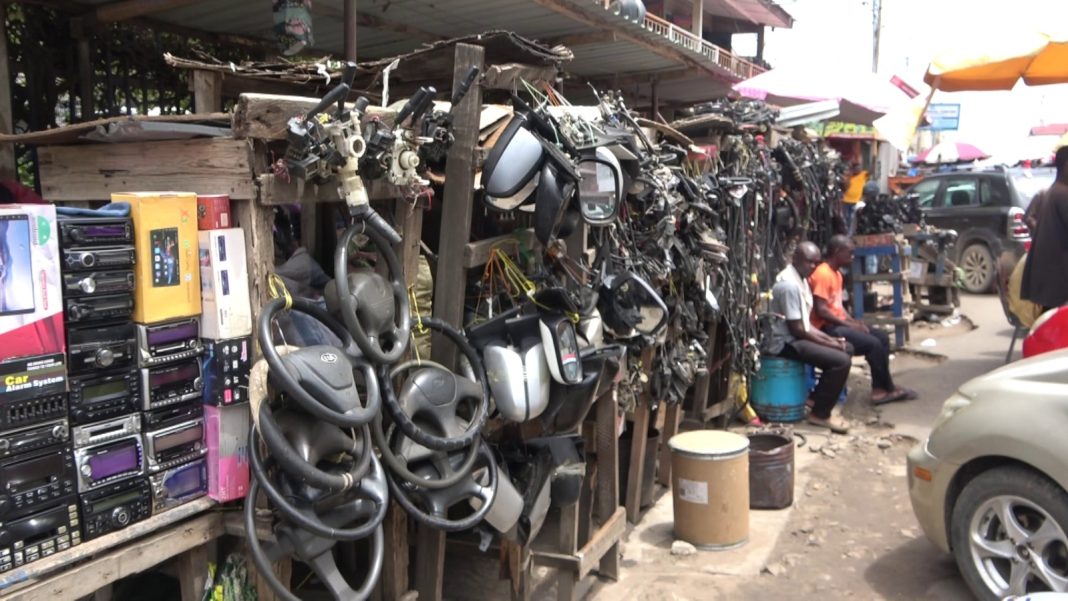Some spare parts dealers at Abossey Okai are resisting calls to reduce prices despite the recent appreciation of the Ghanaian cedi against the U.S. dollar.
The dealers argue that their current stock was purchased when the exchange rate was significantly higher, making it economically unfeasible to reduce prices at this time.
This stance contrasts with a directive from the Abossey Okai Spare Parts Dealers Association, which has urged members to adjust prices in line with the cedi’s recovery.
Speaking to Citi Business News, several dealers explained that price reductions would only be possible once they are able to restock at the current, more favourable exchange rates.
“For now maybe it can’t be possible because we ordered the goods at a certain rate which is higher than what we are seeing now. With that price we have to sell and when the goods finish and you are ordering another one with a reduced [exchange] rate, then definitely the prices will come down,” said Francis Appiagyei, a spare parts dealer at Abossey Okai.
Yaw Ansong, another dealer, echoed the sentiment. “Unless I sell the one which I already ordered and finish before I can reduce the [price] of the goods. I haven’t ordered new one so I can’t reduce the price. If I reduce the price I am going to lose my job,” he stated.

For others, price reductions may come—but only if the cedi’s performance remains stable over time.
“We have come to understand that the dollar is down and the cedi is also going up so we are going to do what they say but not now. We will go down on prices when we see the dollar is still stable at where it is,” Eric Osei Danso explained.
